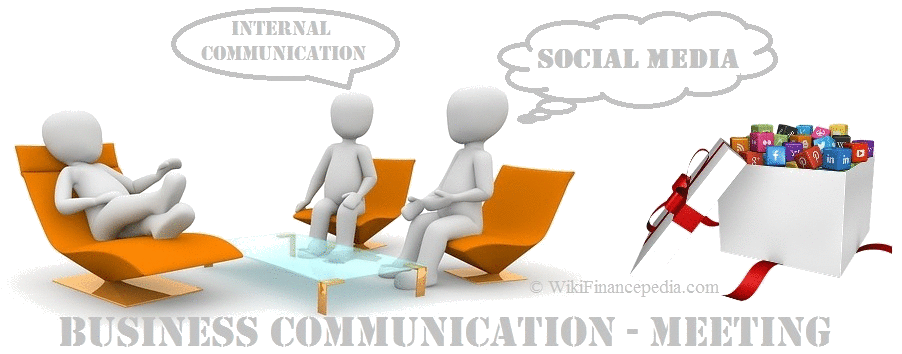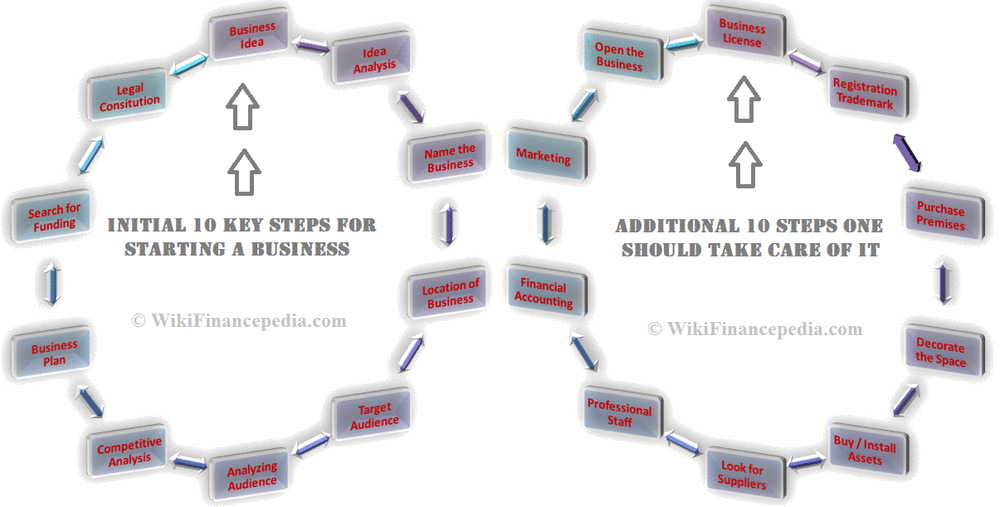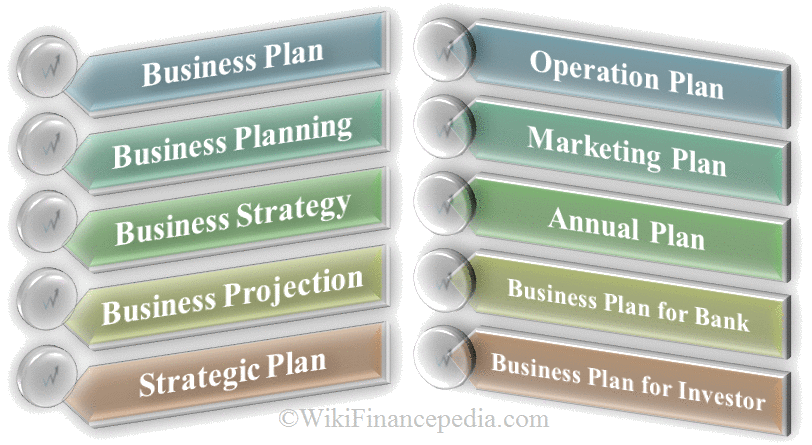Business Communication Definition:
Corporate or “Business Communication” is the communication that comes from a company, NGO, organization or institution and directed to their various public-goal. These may be internal-employees, shareholders, etc. or external (customers, media, governments, business associations, universities, general public, etc.) Business Communications, therefore, serves as a link between an organization and its publics. In other words, “any communication which is used for the purpose of business promotions is known as Business Communication.”
Organizations can communicate to target public through public relations and advertising, through newsletters, videos, crisis management with the media, special event planning, creating product value and communication shareholders, customers and investors. The business communication is all about managing perceptions, effective and timely broadcasting of information, a positive corporate image and a positive relationship with all business stakeholders, organization, institution, NGO-organization not the relevant government, or government agency, they all need to have good image and reputation. Today, due to the easy access to information and increased competition, reputation management has even become more important. Therefore, the business or corporate communication is a most important now a days. Traditionally, business communication with clients in restaurant or dinner has passed by. Now it has become an art and a science to managing perceptions.
Importance of Business Communication:
Communication is an essential principle for the functioning of a company. The communication of a company must be both internal and external. Internal communication is the ability for all stakeholders of the company to communicate with each other. Organize work, to maintain a good atmosphere for important teamwork. External communication is the communication between company stakeholders with actors outside the company: customers and suppliers. Communication with potential customers is essential to convince them of the product quality and company benefits. External communication to current customer’s loyalty is to: regular monitoring on the quality of services offered and maintains satisfaction with the company. Of course, making communication is not enough; think of corporate communications returns, primarily it creates conditions for availability to maintain a real relationship with business partners. In a famous model of communication: communication is a situation that involved several factors that must be mastered to create the conditions for quality communication.
Some of the Common Types of Internal Business Communication:
- Managing of corporate publications for employees and partners.
- Organizing events for internal staff.
- Information sharing with employees, building employee pride, etc.
- Intranet management and other internal web portals.
- Development and maintenance of corporate identity to ensure compliance with the guidelines of the corporate brand.
- Improved company communication to clearly and effectively communicate the essence of the company.
Benefits of effective Business Communication Skills:
Business invests heavily in recruiting into “business communication skills” because company or an organization understands that with good and better communication one can showcase:
- Strong corporate culture.
- A consistent corporate identity.
- A solvent corporate philosophy.
- Genuine sense of corporate citizenship.
- Proper professional relationship with the press, including fast and reliable communication in crisis management.
- Understanding of communication tools and new technologies.
- Sophisticated use of global communication tools.
Formal communication is organized by the company to be at the service of its project. It is thought in terms of image, objectives, documents, procedures. Internally, it is therefore of particular importance according to the objectives of the organization.
Basic Objectives and Goals of Business Communication:
Let us discuss some of the basic objectives of business communication with examples to understand it better.
1. Effective Work Distribution: To perform and work on the right path, it is essential that good information goes at a good time with good people. Examples: – to convey instructions, management distributes a memo; – to distribute the agreed work meeting, a report is given to participants; – to describe the processes, a procedure file is established.
2. Prepare for Decision Making: To properly prepare a decision, it must have all the existing information required. Example: for an economic decision, it is important to know all the figures, balance sheets, statistics, and human decision tables which highlight different needs and requirements. They will rely in effect on the information from staffs, media, etc. The choice the media (email, mail, display, etc) for the information is critical because it promotes the flow of transmission and the effectiveness of decision making according to the objective to be achieved. It is important to anticipate that to overcome the various problems which may impede the flow of information, such as retention or wealth of information, transmission delays, truthfulness, and clarity.
3. Promote in Social interviews: Good communication within a group promotes good agreement, prevents conflicts and enables it to function well. The individual then feels good about the group: he can easily express positiveness and promote company in social discussions and conversations.
Read E-Learning Tutorial Courses - 100% Free for All







